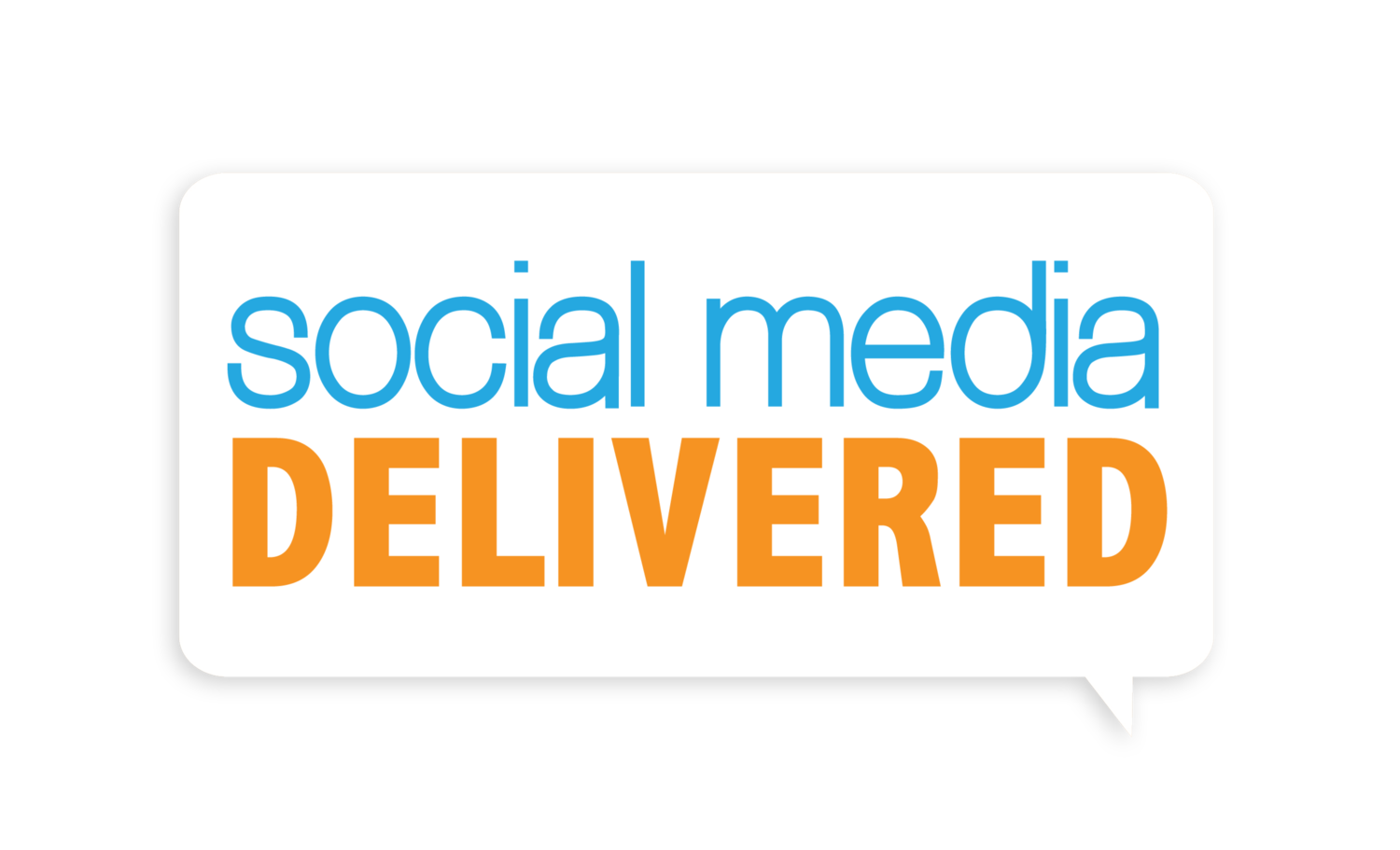How to Determine if a Business Page has Fake Facebook Likes
Mallory Scudder | @MalloryScudder Social media for businesses is all about building and maintaining a relationship with an audience. Much like in real life, these relationships are best if they are genuine and constantly nurtured. Businesses work hard to find the right formula that will help build an audience of people who are interested in their industry, products or services. Many businesses measure their social media success by the numbers of page likes received or the total number of followers. While some businesses prefer genuine online relationships with fans and customers, others are only concerned with appearances and choose to cheat by buying likes and followers. So how can you tell if a business page has fake Facebook likes?
Let’s say you’ve come across a business Facebook page that has 10,000 likes. That’s pretty impressive, but how many of these so-called “fans” actually interact with the business? Scroll down and take a look at the recent posts. How many likes or comments do they receive on each one? Are they generating conversations with their audience? With 10,000 likes, surely a few people will be commenting and liking, unless they aren’t genuine fans. If there is a large disparity between the total number of likes and the amount of interactions on the page, this is the first clue that the page has paid for likes.
What’s the point of having 10,000 friends if none of them talk to you, anyway? Purchased likes bring in everyone and anyone to like a page, whether or not they are part of the targeted demographic. Usually these likes are achieved with the help of fake accounts or hacked lesser-used accounts. In fact, one way you can usually tell if a business has purchased likes on Facebook is by seeing where most of these “fans” live. If that business is located locally in Dallas, Texas, it should be an immediate red flag if most of their fans are international.
Another way to determine whether a business has purchased fake likes is by clicking on the number of likes that they currently have and seeing if the number of likes is decreasing or if they jumped from 500 fans to 10,000 fans in just one month. It is normal for a business to fluctuate in likes from month to month, but it is unlikely that a business will gain thousands of followers in a single month and then turn around and lose followers the next month. It is almost a sure sign that a business has purchased likes when they have a quick increase and then a drastic decline in the number of likes.
Within the past few years, Facebook has really cracked down on fake likes by identifying and deleting fake and spam accounts. Business pages that were following Facebook’s rules and guidelines only saw a reported 1 percent decrease in followers on average. Larger brands and those who had illicitly purchased likes were reported to see a much larger dip in numbers. Facebook has warned those brands that purchase likes that they are actually only hurting themselves because Facebook’s algorithm takes page engagement into consideration when deciding where and when a post will be seen. In other words, if people aren’t engaging with your content, no one is going to be able to see it — so why water down your message by filling your audience with fake followers?
Remember, social media is about building relationships (i.e., being social). Don’t worry so much about the numbers. Instead, focus on the interactions. The quality of followers a business has is far more beneficial than the quantity. By focusing on engagement and interactions, a business’ likes will grow organically, and those are the types of followers you want.
If you’re having trouble growing your followers organically, Social Media Delivered can help.
